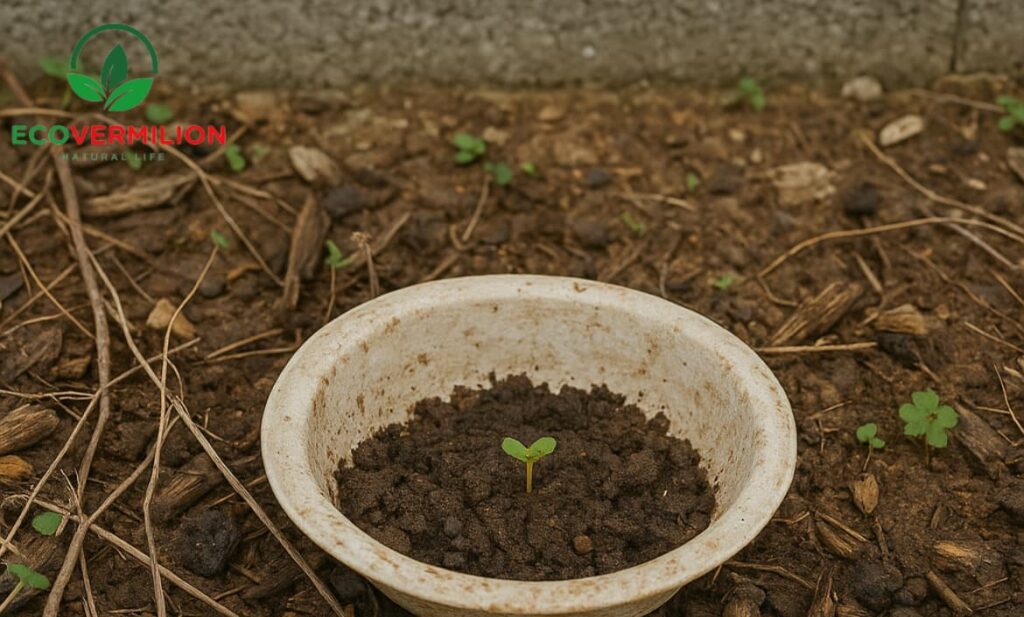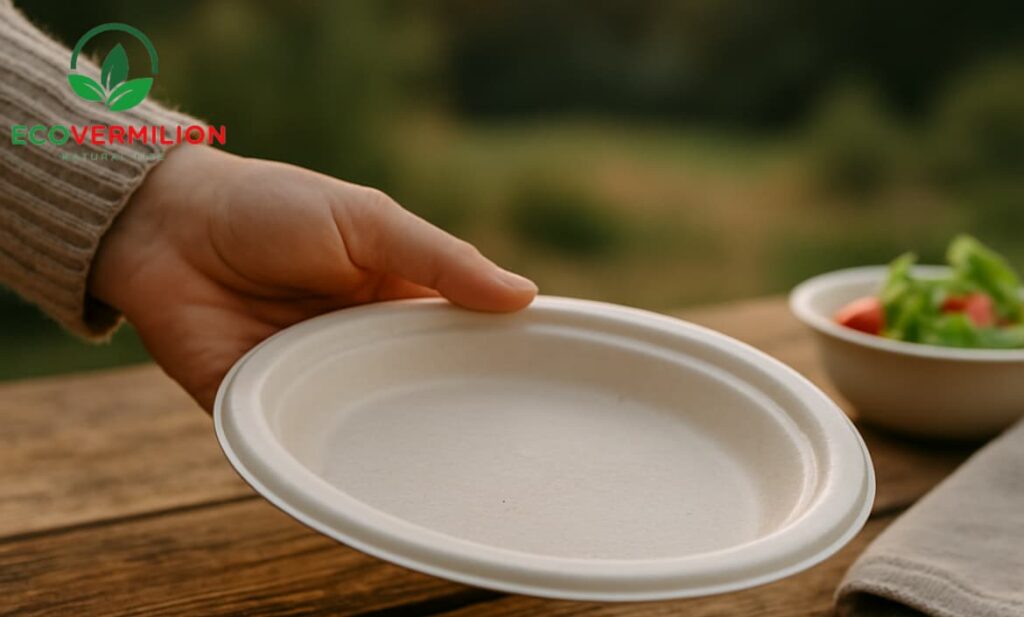Why Are Hospitality Professionals Choosing Compostable Tableware in 2025?
Why Are Hospitality Professionals Choosing Compostable Tableware in 2025? In 2025, a decisive shift is taking place in the way food service professionals approach consumption. Caterers, restaurants, gourmet shops, hotels, and event organizers are rethinking how they serve and package food. One clear trend stands out: compostable tableware especially made from sugarcane bagasse is taking center stage. A Direct Response to Environmental Challenges With new EU regulations drastically limiting single-use plastics, businesses have no choice but to adapt. Compostable tableware is emerging as a must-have alternative. Made from plant-based fibers such as sugarcane bagasse, these products naturally decompose in under 90 days without polluting the planet. This isn’t just a practical decision — it’s a clear and powerful statement of environmental responsibility. By switching to biodegradable materials, food professionals not only align with evolving laws but also strengthen their brand image and contribute meaningfully to environmental protection. Practical, Reliable, and High-Performing Gone are the days when compostable products were seen as flimsy. In 2025, high-quality options offer: Heat resistance up to 120°C Microwave compatibility Leak-proof durability, ideal for sauces and liquids With compostable plates, bowls, and trays, hospitality professionals deliver a premium customer experience that’s aligned with sustainability. A Powerful Marketing Differentiator Today’s consumers are more eco-conscious than ever. Choosing compostable tableware is not just an internal policy — it becomes a visible brand advantage. Showcasing sustainable choices on menus, packaging, or social media can significantly boost brand loyalty and attract eco-aware clientele. Many customers actively prefer venues that reflect their environmental values. Integrating compostable tableware into your operations is a smart way to meet and exceed customer expectations. A Smart, Profitable Investment While compostable products may come at a slightly higher upfront cost than traditional plastics, the investment pays off: Reduced waste management costs Enhanced brand perception among clients and partners Better access to public/private tenders with strict environmental standards At Ecovermilion, we support B2B clients with tailored pricing models and flexible order options — all while offering over 30 product references in compostable sugarcane fiber. Staying Ahead of EU Legislation The European Union is intensifying its fight against plastic pollution. Since the implementation of the Single Use Plastics (SUP) Directive in 2021, more and more regions are mandating the use of certified compostable or bio-based materials in food service and public catering. Switching now allows food professionals to not only follow the curve but to stay ahead of it. Choosing compostable tableware positions your business as both compliant and forward-thinking. Seamless Logistics for Everyday Operations One of the barriers to adopting sustainable solutions has always been logistics. That’s why Ecovermilion ensures 24/48h nationwide delivery across France, with consistently available inventory. Our system is designed for flexible ordering and zero stockouts, making sustainability simple and reliable. Meeting Public Procurement Standards More and more public tenders require certified ecological compliance. Our products meet EN 13432 compostability standards, allowing professionals to strengthen their position in highly competitive public and private markets. In 2025, choosing compostable tableware is no longer a trend — it’s a strategic, ethical, and forward-thinking move. Hospitality professionals who make this shift gain a competitive edge, meet growing demand, and become visible contributors to positive change. 🔗 Discover our full range at: www.ecovermilion.com📩 Contact us today for a personalized quote tailored to your professional needs.
Why Are Hospitality Professionals Choosing Compostable Tableware in 2025? Read More »




